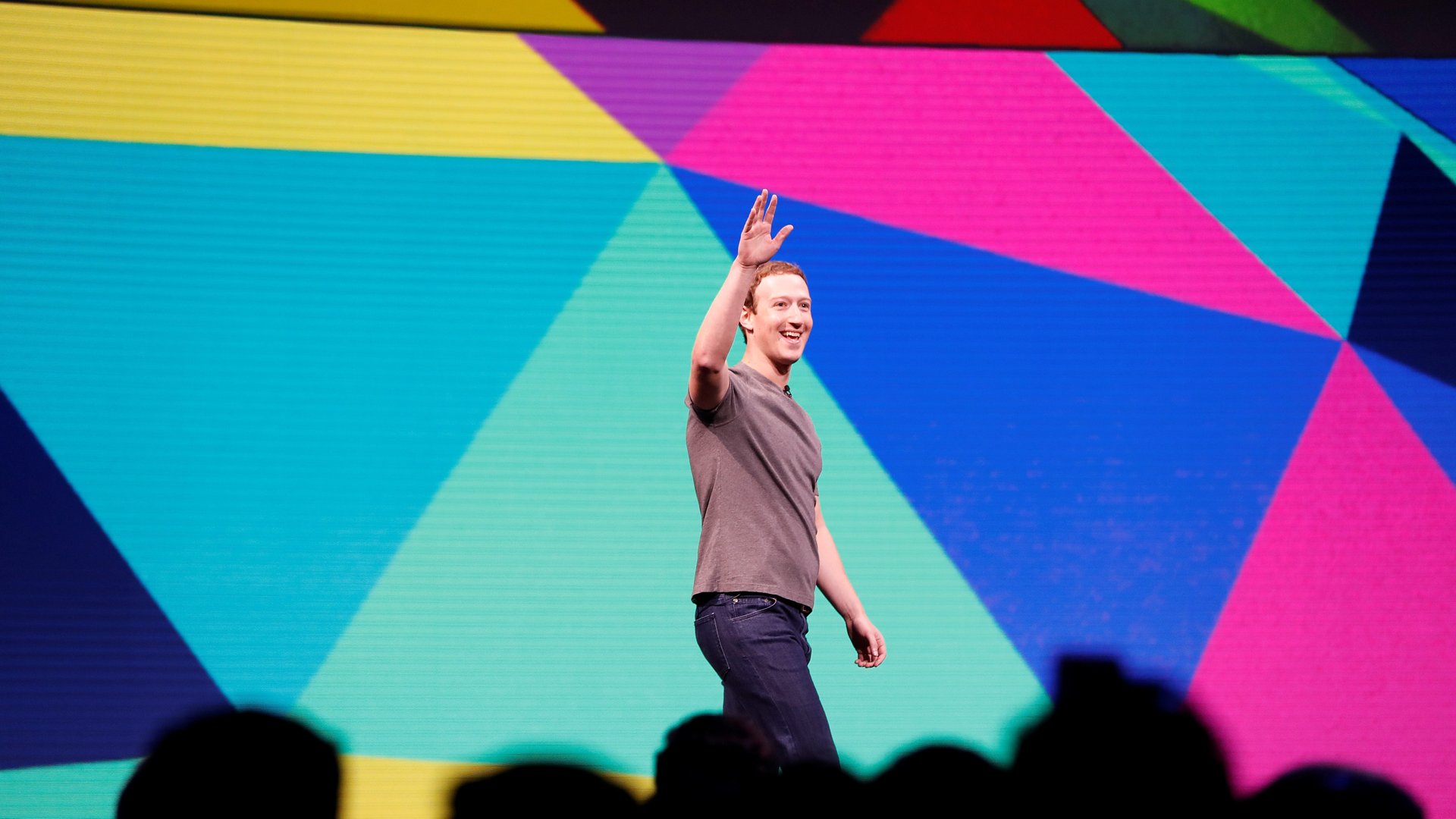Forget the “tech backlash”—Americans still like Facebook, Google, and Amazon
America is more divided than ever, except when it comes to the rumored tech backlash.


America is more divided than ever, except when it comes to the rumored tech backlash.
Let’s look at some recent headlines:
Bloomberg: A Major Backlash Is Brewing Against Big Tech. Reuters: Top Startup Investors See Mounting ‘Backlash’ Against Tech. Politico: Conservatives, Liberals Unite Against Silicon Valley. Fox: ‘The Sins of Silicon Valley’: Backlash Mounts Against Google, Facebook, Amazon.
In Washington, lawmakers are for the first time casting a skeptical eye on the biggest and most powerful tech firms. Congress has a bill to regulate political ads on Facebook (and Twitter, and Google) like those on broadcast television. Facebook’s top lawyer is set to testify before House and Senate intelligence committees on Russia-linked ads. Questions of “monopoly?” are being whispered about Amazon.
“I do know that the tech backlash is going to be strong,” Sam Altman, president of startup accelerator Y Combinator, said this week. “We have more and more concentrated power and wealth.”
But among regular Americans, the tech backlash isn’t strong. In fact, it’s not there at all.
Quartz worked with YouGov BrandIndex, a consumer perception research firm, to see how America’s feelings about Facebook, Google, and Amazon have changed over the last year. The firm conducts online interviews with 4,800 consumers each day, drawing from a panel of 1.8 million. YouGov scored sentiment toward the tech firms by averaging six different measures: “general impression,” “value,” “satisfaction,” “reputation,” “willingness to recommend,” and “quality.” Scores can range from -100 to 100, where zero indicates a neutral position. For example, a score of 25 means 25% more people feel positively than negatively about the brand.
The results? Impressions of Amazon, Google, and Facebook have barely budged since this time last year.
It’s not just the big tech companies. Drew Kerr, a YouGov spokesman, told Quartz that among 71 “major internet sites,” only 10 recorded a statistically significant move in their overall BrandIndex score. Netflix, Instagram, Spotify, Indeed, WhatsApp, Snapchat, Glassdoor, and ZipRecruiter saw their scores rise by a statistically significant measure, while AutoTrader and CraigsList saw theirs fall. (Instagram and WhatsApp, it’s important to note, are both owned by Facebook.)
Why might that be? Perhaps because the way ordinary people interact with big tech companies has very little to do with how regulators and politicians perceive them. To Congress, Facebook is an increasingly apparent threat, the platform that helped misinformation spread and potentially contributed to Russian influence over the 2016 US presidential elections. To the typical consumer, however, Facebook is just the site that reminds you to wish a friend Happy Birthday and provides a handy stream of trending news and cute baby photos. Why would their feelings about that be any different?